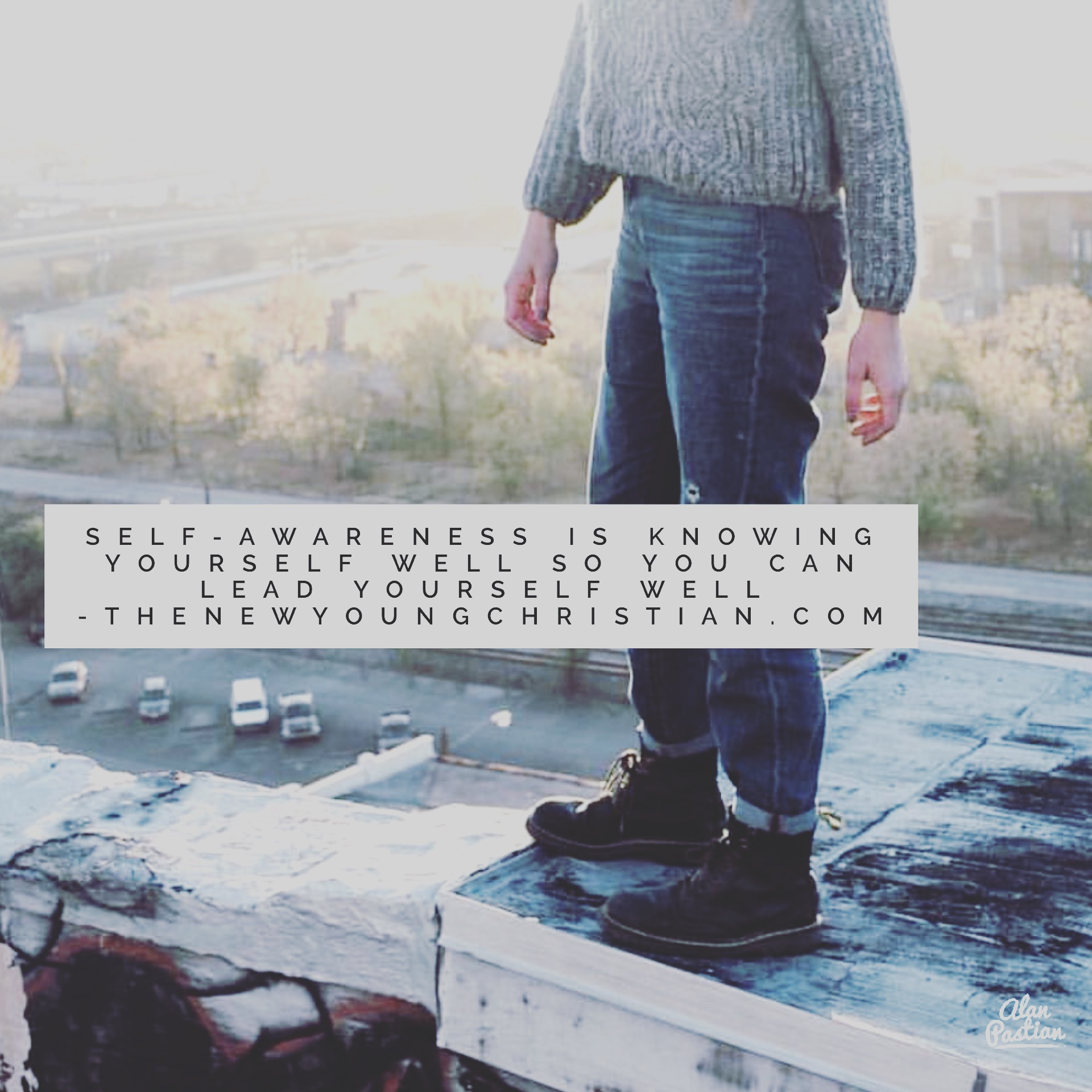If you’re working in youth ministry, college interns or college ministry then it’s time to get acquainted with “Generation Z.” Some also call them the “Wii generation, Post-millennial, or Homeland.” If 2004 is the supposed ending point of the Millenial generation then "Generation Z" young people are in your ministry ... right now.
Why is this significant? Because they are different than the millenials and have some unique themes and traits that are specific for them. So we must learn how to relate to them, inspire them and grow them or we could lose them. Pastors specifically take notice of these unique characteristics as many are sitting in our congregations right now and are desiring to be used, be more involved and desiring to grow closer to God. The content below is insightful and hopeful will inspire you to think critically on how you might want to program your families, organizations and how to lead these up-and-coming leaders.
I’m taking some other articles and pasting them together for you to understand what this landscape looks like as they have articulated it best than having me to rewrite it ... they've done a concise job (sources: Tony Morgan and Chase Abner). Take a look below and see what stands out to you and take a note on how this affects you and your relationships with Generation Z:
5 Unique Themes of Generation Z:
They will be the most racially diverse generation
According to the U.S. Census Bureau, the United States will become a majority minority country by 2043. The fastest growing demographic in Generation Z is biracial. Immigration also continues to bring in new religions, races, and nationalities. If we are going to be relevant, our churches and campus ministries must reflect the many shades of students on campus. This is true of our leadership composition as well.
They will be more numerous than Millennials
While Millennials have outnumbered both Baby Boomers and Generation X, Generation Z is set to become the largest generation. This means the college-age cohort of this generation is going to continue for some time. Also, research shows that one out of two from Generation Z wants a college education. But there is a twist. These kids are growing up in an age of education transformation and many of them will spend more time at community colleges, early college programs, and online than ever before. We will need to adjust assumptions about where these college students will spend the bulk of their time, and figure out how to reach these education pioneers.
Raised in an Age of Authenticity
In his magisterial book A Secular Age, philosopher Charles Taylor shows how we in the Western world have moved to an age where expressive individualism is how we authenticate meaning. It’s a world which can be summed up as “bare choice as a prime value, irrespective of what it is a choice between, or in what domain. . . the only sin which is not tolerated is intolerance.” Gen Z is growing up with 58 choices for gender on Facebook and gender neutral pronouns at colleges (“Ze has a great GPA,” for instance). Bruce/Caitlyn Jenner as a Vanity Fair pinup. Everyone gets to choose and woe be zir or hir who is seen as intolerant.
Social Media Natives
Gen Z has grown up in a world of computers, internet, and smartphones. They are tech natives who love to create content not just consume. Never before has so much information been readily available for distribution, cross-reference, and debate. Not only are Obama and Trump fact-checked after or during a speech, but so are you. Gen Z is also part of a global youth culture where friendships cross national boundaries through social media and easy, often free communication. They are influenced by people from around the world, yet can also influence like never before.
Crisis Marked
Having grown up in the War on Terrorism in a post-911 world that was also wracked by financial turmoil and ever increasing tuition costs, these students have seen their older siblings without jobs or back at home. Neil Howe, creator of the term Millennial, calls them the Homeland Generation. They are also realists in many ways with a leaning towards entrepreneurial creativity. In a Sparks and Honey survey, 42% said they wanted to work for themselves. They are getting back to basics and understand the need for financial security. A college education is important to them, but they don’t want huge debt hanging around their necks. There are a lot of choices in education now, and they are creative in how they hack education.
When it comes to learning, members of Generation Z:
1. Are graphically driven
2. Dislike lectures, tests and classrooms
3. Are constant multi-taskers
4. Value instant feedback
5. Generally do not take the time to determine the reliability of information
6. Thrive in collaborative environments
7. Are wired for fast delivery of content
8. Desire a customized education experience
We love "the new young christians" of today. This is what The New Young Christian vision is: To mobilize young believers to live their personal mission and love others around them to affect society for common good. That's what we see. How we do it, or our mission, is by inspiring callings, transforming communities and restoring culture. We talk about a lot of issues like dating, pornography, sexual identity, etc. If you want to know more about us by reading part of our Manifesto, click here and connect with us anytime. We'd love to connect.






















